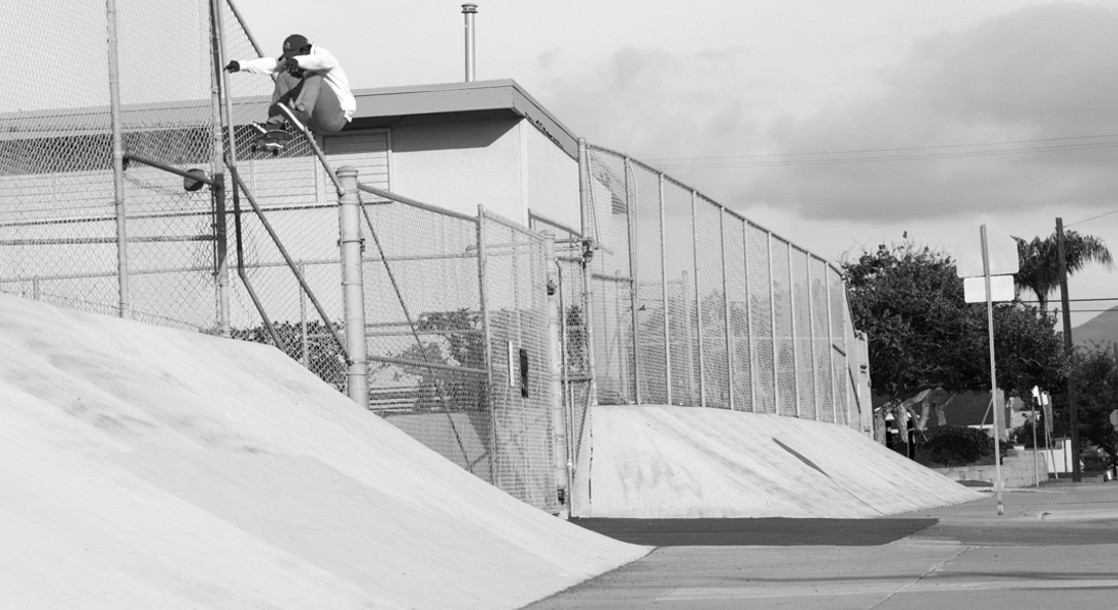Utah Governor Spencer Cox (R) has finally signed two limited bills to expand the state’s limited medical marijuana program into law.
The first of these bills, SB46, blocks state employers from discriminating against any employee for legally using medical cannabis. The bill requires all state and local governments to treat medical marijuana recommendations exactly the same as any other medicine that is prescribed by a physician. Judges and juries are also forbidden to discriminate against medical marijuana patients under this new law.
State lawmakers drew up the bill to clarify the state’s existing medical marijuana law after a local firefighter was suspended without pay for refusing to surrender his medical pot to his supervisors. The firefighter sued the state, arguing that his suspension violated the protections granted under the state medical pot law. The bill passed both chambers of the state legislature back in February with nearly unanimous support, but Gov. Cox waited until last month to sign it into law.
“What this bill does is it provides some clarity to what the legislative intent was … in recognizing medical cannabis as a legitimate use of cannabis for treating certain ailments such as chronic pain,” said state Rep. Joel Ferry (R), who sponsored the bill in the state House, to Deseret News.
Employers are still allowed to take punitive action against employees who appear to be stoned on the job, though. “We already have extensive provisions for … people where medical cannabis interferes with their ability to do their job, that’s all in the law,” said state Rep. Norm Thurston (R), Deseret News reports. “All this says is, the simple, additional act of seeking a card is not going to subject you to being fired from your job.”
Unfortunately, the new law only offers these protections to employees of state or local government agencies. Utah already passed a separate law that specifically allows private employers to fire, suspend, or otherwise take action against employees who are legally using medical pot, even if they are doing so off the clock.
Governor Cox also signed a second bill, SB195, which allows patients suffering from acute chronic pain or terminal illness to qualify for a state-issued medical marijuana card. The new law also allows designated caregiver facilities, including hospice care centers, to receive shipments of medical pot on behalf of a registered patient. Other provisions in the new law will restrict how dispensaries can market or advertise medical cannabis products.
As incremental as these improvements are, state medical cannabis stakeholders are still pleased to see these new bills become law. “We see that legislators are listening and are wanting to continue to have us implement a program that looks out for the needs of patients,” said Rich Oborn, director of the Center for Medical Cannabis for the Utah Department of Health, to KUER 90.1. “But at the same time keeps them safe and ensures that the medical cannabis is used for a medical purpose and not recreational use.”











